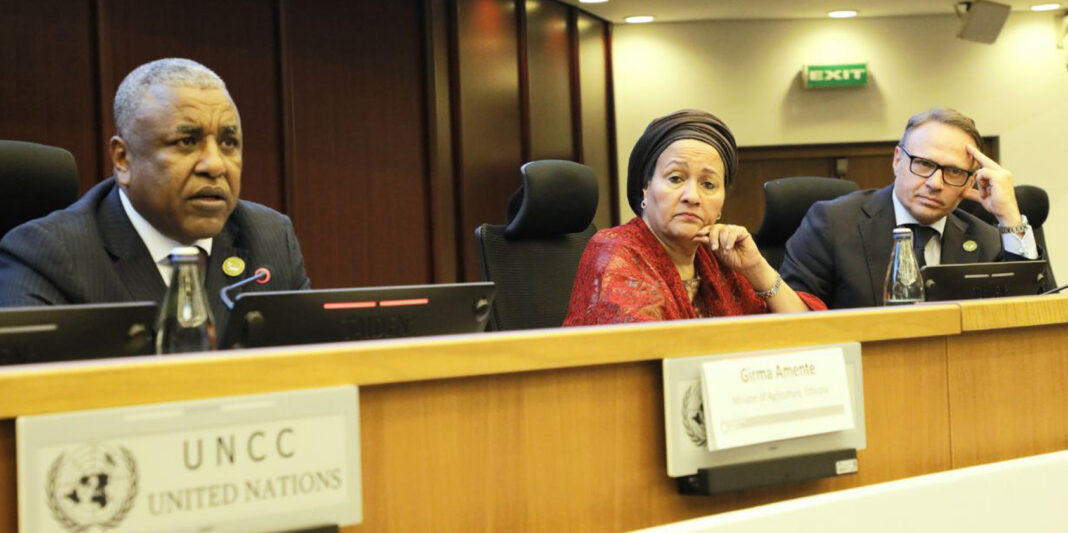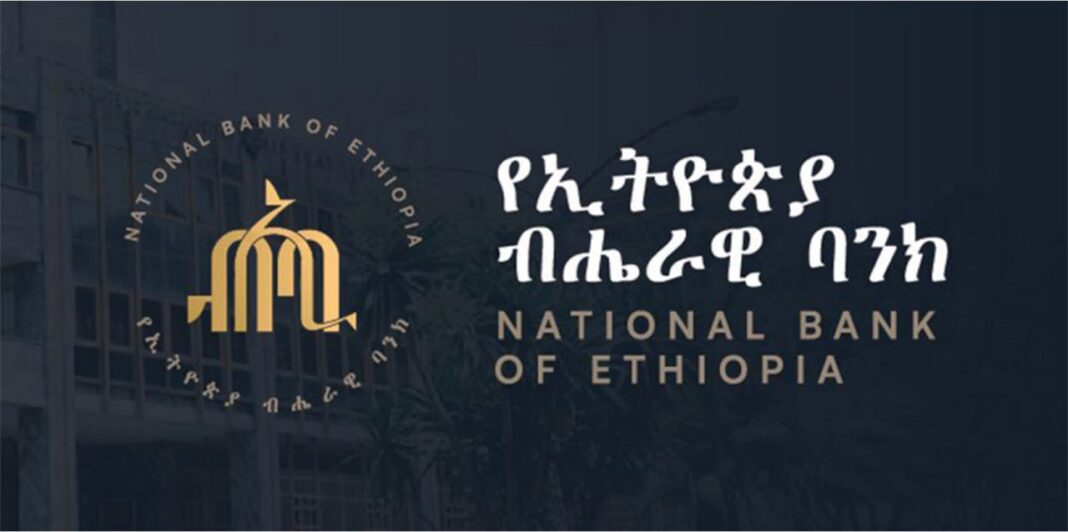At the recent Second United Nations Food Systems Summit Stocktake (UNFSS+4) held in Addis Ababa, world leaders delivered a clear and urgent message: ensuring global food security requires smart, strategic investment, not mere aid or charity. Ethiopia’s Agriculture Minister Girma Amente emphasized that addressing food shortages is fundamentally about investing in our shared future.
Co-hosted by Ethiopia and Italy, the summit took place amid unprecedented crises, including climate change, geopolitical conflicts, and economic instability — factors which have severely exposed the fragility of global food systems. Girma highlighted the strong international commitment demonstrated by the presence of senior leaders and the UN Deputy Secretary-General, reaffirming the collective resolve to overcome these urgent challenges.
“The summit focused on unlocking and redirecting both public and private financing towards sustainable food systems,” Girma said. “This is not a charitable issue; it is a smart, strategic investment in our shared future.”
Italy’s Agriculture Minister, Francesco Lollobrigida, underscored the deep partnership between the two nations in advancing food security. He stressed Italy’s dedication to promoting sustainable agriculture based on its own agri-food expertise and environmentally sound farming sectors. Lollobrigida also detailed Italy’s “Mattei Plan,” a strategic framework fostering mutual, respectful cooperation with Africa, marking a departure from previous philanthropic models. “Hosting the summit in Ethiopia reflects our commitment to center Africa in this global agenda,” he added.
Representing the UN Secretary-General, Deputy Secretary-General Amina J. Mohammed acknowledged that while nations are developing programs to transform their food systems, current efforts remain insufficient. She expressed grave concern over the weaponization of hunger in conflict zones, specifically citing the humanitarian crisis in Gaza as a “man-made event” causing unjustifiable starvation. Mohammed also drew attention to the dire situation in Sudan, calling for adherence to international humanitarian law and unhindered aid access.
Despite these grave challenges, Mohammed conveyed a hopeful yet urgent call for action: “Change is not only possible; it is happening. Now is the time to step up.” The summit reinforced four key objectives: sharing progress and obstacles, strengthening inclusive multi-stakeholder accountability, mobilizing and broadening investment and finance, and sustaining momentum to achieve the Sustainable Development Goals (SDGs) by 2030.
The 2025 World Food Security and Nutrition Situation Report (SOFI), released during the summit, pointed to a slight global reduction in hunger but stressed that urgent and large-scale investments are critical to accelerate progress. Over three days of deliberations from July 27 to 29, the summit reaffirmed the necessity of transforming commitments into actionable investment strategies to realize the ambitious food security and nutrition targets embedded within the SDGs.






